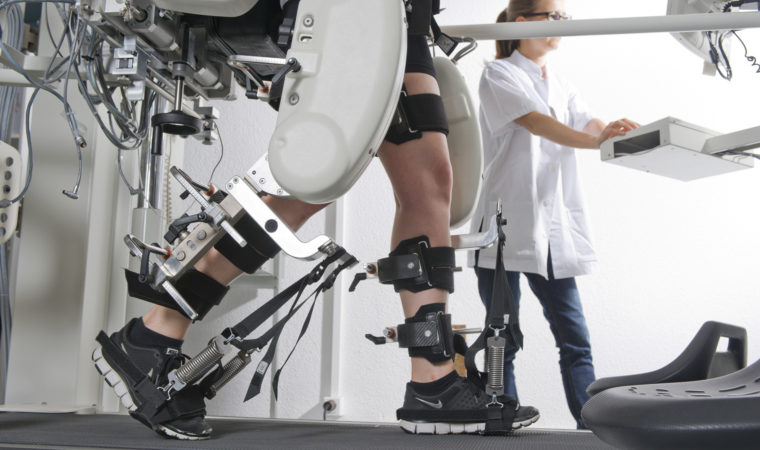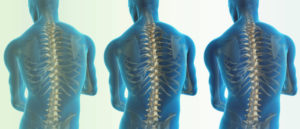New Research Shows Promise for Relieving Spinal Cord Injury Symptoms
Written by Mackenzie Saunders:
Sustaining a spinal cord injury (SCI) can lead to many health issues; everyday functions such as bladder control, bowel control, and movement of major extremities are often taken away from those who experience a SCI. However, with the constant development of new medical technology, many advancements are being made across the nation in order to decrease SCI symptoms and increase the quality of life for those with spinal cord injuries. Dr. Susan Harkema of the Kentucky Spinal Cord Injury Research Center and the Frazier Rehab is one of the many researchers across the nation currently exploring different solutions for spinal cord injury patients.
A New Solution for SCIs
Dr. Harkema is making major medical advancements for people with spinal cord injuries in Kentucky. Harkema is spearheading research that aims to achieve “incremental victories over paralysis”. These “incremental victories” are focused on improving the quality of life of people with spinal cord injuries. Harkema and her research team hope to restore movement, sensation, and treat chronic pain for those with SCIs through epidural stimulators. Increased motion and sensation can lead to a greater sense of independence for quadriplegics and paraplegics. Treating chronic pain can also increase overall satisfaction and productivity for people with spinal cord injuries.
Epidural stimulators are surgically inserted devices that stimulate the nervous system through electric currents. These electric currents encourage motion and physical sensation by stimulating the neurons that were damaged by a spinal cord injury. This project is one of many research efforts taking place across the country that focuses on improving the quality of life for those with SCIs.
Dr. Harkema’s epidural stimulator research has already helped multiple people with spinal cord injury symptoms; Kent Stephenson—a paraplegic injured in a motorcycle accident in 2009—is now able to walk on a treadmill with support from the epidural stimulator and a harness. Through this new medical treatment, Stephenson has regained some voluntary movements, such as extremity control, and is now able to stand independently.
The Future of Living with a Spinal Cord Injury
Although more trials need to be conducted in order to prove the effectiveness of these epidural stimulators, the trials that have taken place in the past year show great promise for those who have sustained spinal cord injuries. Overall, the increased frequency of medical advancements for SCI patients across the country exemplifies how treatments for those with SCIs will only become more common and more effective in the future.
Although there may never be a complete “cure” for spinal cord injuries, the quality of life for SCI patients can still be significantly increased through medical advancements. Dr. Susan Harkema is one of many researchers in the United States currently developing solutions for those with spinal cord injuries. This epidural stimulator research represents the future of solutions for spinal cord injuries; by developing different ways to limit SCI symptoms, we may be able to greatly increase the health and overall quality of life for quadriplegics and paraplegics once and for all.

